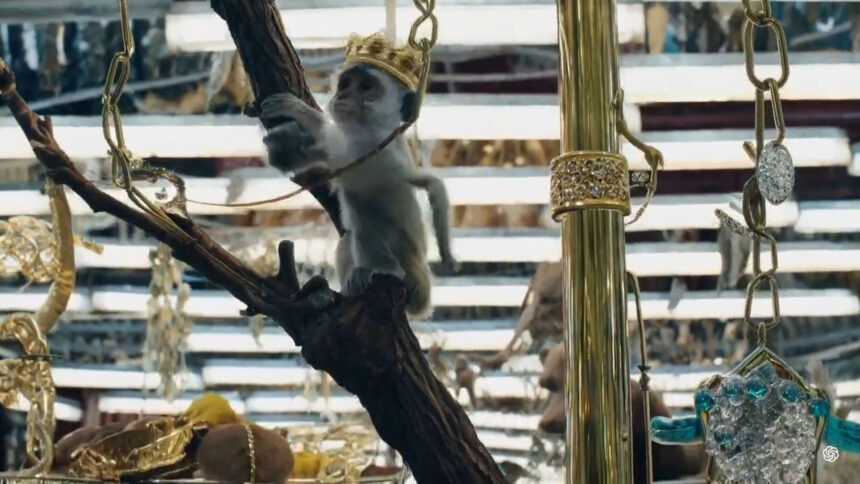OpenAI’s new video-generating software, Sora, has captured the imagination of creators and cybersecurity professionals alike. Since its announcement by CEO Sam Altman, it has produced captivating videos based on text prompts.
The videos posted by creators have ranged from realistic scenarios, such as a grandmother in a kitchen or a woman walking down the streets of Tokyo, to more bizarre and creative ideas like animals cycling to dogs on a podcast. It’s a testament to the software’s capabilities and its potential to revolutionize the way videos are created and shared.
One of the most interesting aspects of Sora’s launch has been the indirect participation of people in suggesting prompts, which have then been turned into videos by the software. This level of engagement highlights the potential of Sora to democratize the video creation process, allowing anyone with an idea to see it come to life in video form.
The videos shared by OpenAI Researcher Bill Peebles and CEO Sam Altman demonstrate the impressive capabilities of Sora, showcasing its ability to create realistic and imaginative content. From an instructional cooking session for homemade gnocchi, hosted by a grandmother who is also a social media influencer, to a bicycle race on the ocean with different animals as athletes, Sora has proven itself to be a versatile and powerful tool.
However, there are concerns surrounding the rise of generative technologies like Sora. The potential for deepfakes and the replacement of jobs in the video industry are valid points of discussion. While these technologies have the potential to automate mundane tasks, they also have the power to create dangerously real content and disrupt entire industries.
In conclusion, Sora represents a groundbreaking advancement in video-generating technology, with the potential to democratize video creation and revolutionize the industry. However, it also raises important questions about the ethical and societal implications of such technologies.
In my opinion, while the capabilities of Sora are undeniably impressive, there is a need for clear regulations and ethical considerations to ensure that this technology is used responsibly. The potential for deepfakes and job displacement is a cause for concern, and it’s important to have safeguards in place to mitigate these risks. At the same time, the democratization of video creation is an exciting prospect, and Sora has the potential to empower creators and bring their ideas to life in new and innovative ways. As with any powerful technology, it’s crucial to approach it with caution and thoughtfulness to ensure that it is used for the greater good.


